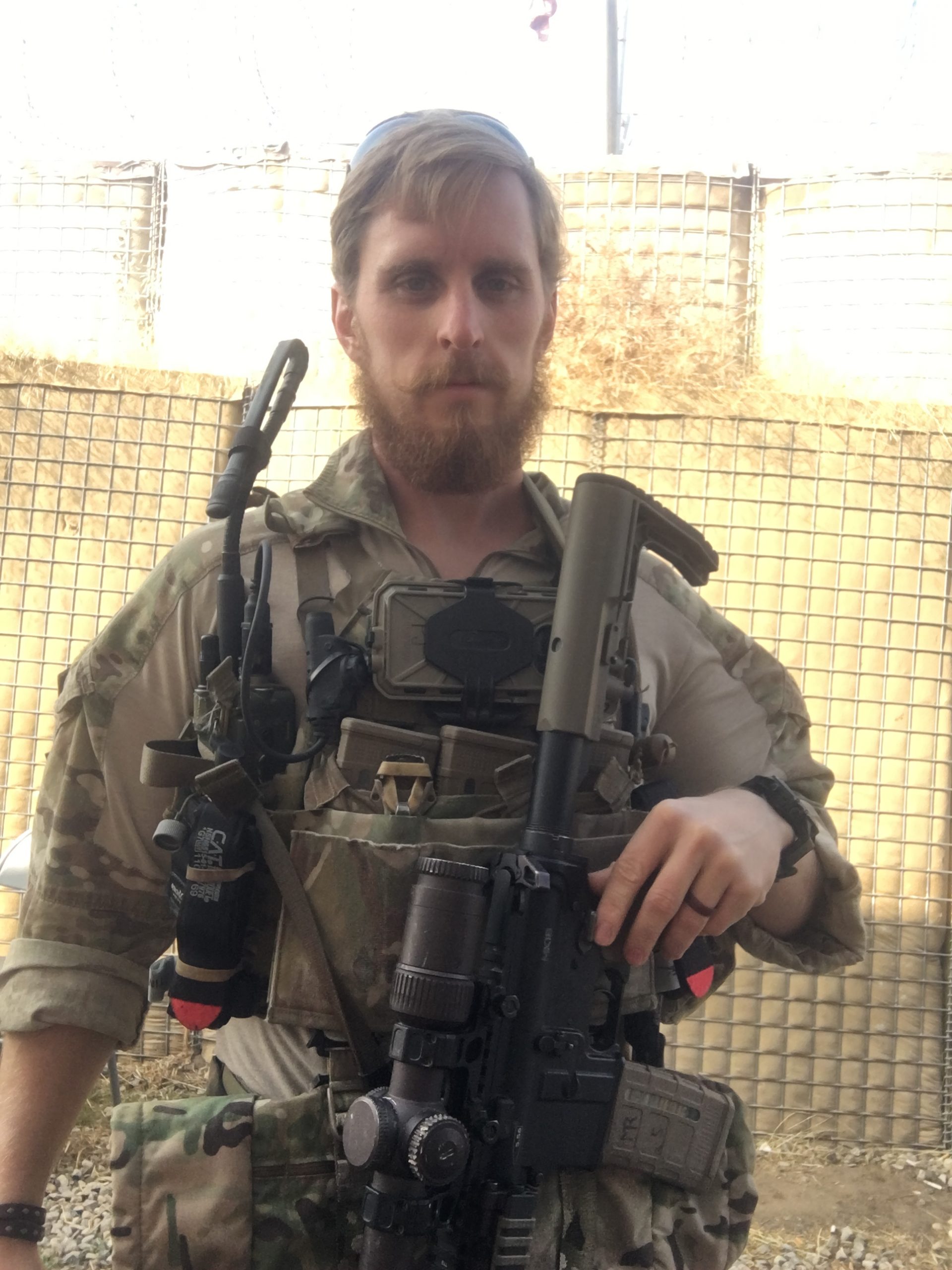A U.S. Air Force pararescueman earned a medal for heroism after he treated seven of his fellow service members who were hit by a blast while in Afghanistan in 2019.
Staff Sgt. Michael Rogers of the 57th Rescue Squadron received the Air Force Sergeants Association Pitsenbarger Award for his valor after intelligence led him to a Taliban headquarters building, which was home to explosives, ammunition weapons, and radio equipment.
“The first thing that comes to mind is fire,” Rogers said in an interview with Aviano Air Base on April 23 and reported by Military.com on Sunday. “There were so many things covered in fuel and burning. It looked apocalyptic.”
Rogers, alongside the special forces unit he was embedded with, began sifting through the munitions, though he was pulled away by a teammate.
Moments later, an explosion, which was later determined to be an accidental discharge, rocked the unit. The soldiers initially thought they were under attack, but it was discovered to be an isolated incident.
“I was looking at one of the guys organizing the pile through my night vision goggles when, all of a sudden, we saw a flash and heard two bangs,” Rogers said. “We then felt the concussive force from the explosion and immediately thought we were under attack, so we prepared to fire back.”
ARMY COLONEL, 94, TO RECEIVE MEDAL OF HONOR

Rogers recalled one of the engineers being blown into a ditch while a communications sergeant was set ablaze by nearby rocket-propelled grenade fuel. An intelligence sergeant was also set on fire, and ammunition on his kit began to discharge.
Rogers stripped the gear of his burning teammates and directed another service member to apply tourniquets to stem the bleeding of one of the wounded parties. Rogers and others expended three medical bags during their efforts. All while explosions were still going off around them.
Six of the seven wounded survived the incident, though the intelligence sergeant was pronounced dead at a hospital.
“We kept trying to resuscitate the intelligence sergeant as best we could on the way to the hospital,” Rogers said. “After about 30 minutes at the hospital, [the medical staff] assessed his condition and determined he just wasn’t sustainable.”
CLICK HERE TO READ MORE FROM THE WASHINGTON EXAMINER
He continued: “The intelligence sergeant was an ultimate professional. He’s definitely the best intel operator I’ve ever known. He was key to ours and the Afghans’ success that winter. Being able to hold that region … a large portion of it was due to his efforts. He really cared and believed in his mission.”
Rogers said he was grateful for the award but maintained that he would not “have done anything different.”
“The men I was with didn’t have to work as much as they did,” he said. “Everybody that was there was passionate about their job and doing it right. This loss wrecked our team. Losing families, losing a brother. Those men I was with are our absolute heroes, and I would fight alongside them any day, anywhere.”

